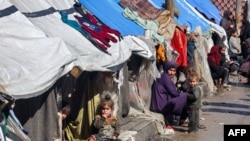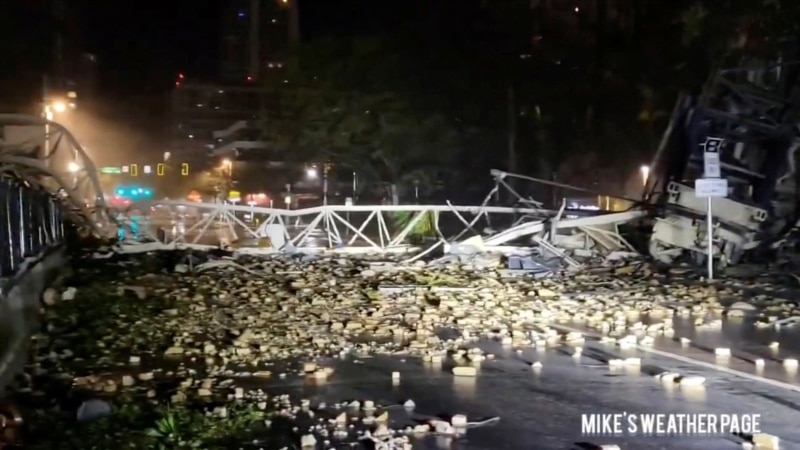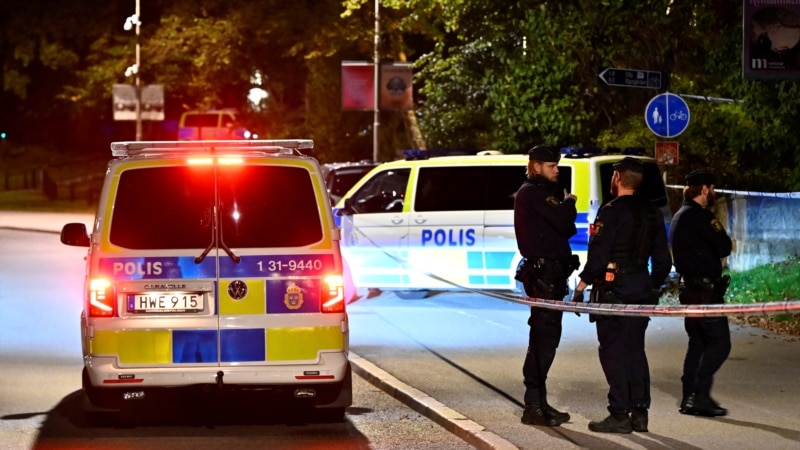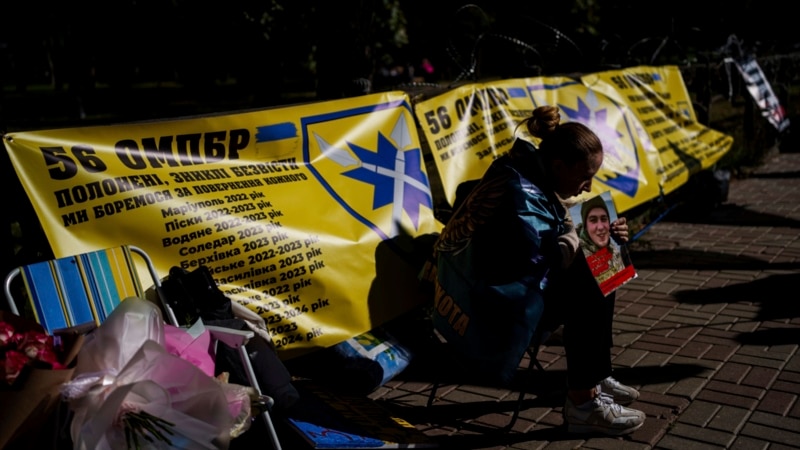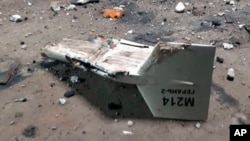Negotiations on the framework for a new cease-fire in Gaza were expected to resume Tuesday, while Israel said its forces killed dozens of militants in the central and southern parts of the Gaza Strip.
The talks in Cairo were set to include senior officials from the United States, Egypt, Israel and Qatar, following similar talks last month that led to a proposed pause in fighting that would be accompanied by the release of hostages held by the Hamas militant group in Gaza.
Hamas then made a counter-proposal, which Israel rejected. But U.S. Secretary of State Antony Blinken said that while there were some “non-starters” in the Hamas plan, there was still room to continue negotiations.
Hamas, a U.S.-designated terror group, is believed to be still holding about 100 hostages, after 100 were released during a weeklong cease-fire in November. The Israeli military says 31 have died or were killed during their captivity.
The push for a new cease-fire comes amid international concerns about Palestinian civilians in Gaza, particularly in Rafah, next to the Egyptian border.
More than half of Gaza’s population is now in Rafah, with many having fled there to escape four months of war and at the direction of repeated evacuation orders from Israel’s military. The mass movement has left many living in overcrowded U.N. shelters or in tents, with the United Nations and aid organizations expressing concern about the availability of food, water and medical care.
German Foreign Minister Annalena Baerbock told reporters Tuesday that if Israel takes action against Hamas in Rafah, then it is “the responsibility of the Israeli army to provide safe corridors for the people who have sought protection there.”
China’s foreign ministry on Tuesday called on Israel to “do everything possible to avoid casualties among innocent civilians and prevent a more devastating humanitarian disaster in Rafah.”
Netanyahu said over the weekend that displaced people sheltering in Rafah will be provided “safe passage” out of the area, but he has given no details on where they would be moved.
The United Nations said Monday it would not help Israel move Palestinians away from Rafah.
“What we want is to ensure that anything that happens is done in full respect of international law; in the full respect of the protection of civilians,” said U.N. spokesman Stephane Dujarric. “We will not be party to forced displacement of people. As it is, there is no place that is currently safe in Gaza.”
Israeli airstrikes early Monday that killed at least 67 people in Rafah heightened warnings about a potential Israeli ground operation in Rafah.
“Today, sadly, given the carnage wrought so far in Gaza it is wholly imaginable what would lie ahead in Rafah,” U.N. human rights chief Volker Turk said in a statement. “Beyond the pain and suffering of the bombs and bullets, this incursion into Rafah may also mean the end of the meager humanitarian aid that has been entering and distributed with huge implications for all of Gaza, including the hundreds of thousands at grave risk of starvation and famine in the north.”
Israel said the airstrikes were in support of an operation to rescue two hostages held by Hamas.
Israel’s military, the Shin Bet security service and a special police unit said they rescued two men — Fernando Simon Marman, 60, and Louis Har, 70 — who held dual Israeli Argentine citizenship. The two were among the 240 or so hostages seized by Hamas in the militants’ October 7 terror attack on Israel that killed 1,200 people according to Israeli tallies and triggered Israel’s counteroffensive.
Gaza health officials say that more than 28,400 Palestinians have been killed and nearly 68,100 wounded, with much of the narrow territory along the Mediterranean Sea left in ruins by Israeli air and ground attacks.
Some information for this story came from The Associated Press, Agence France-Presse and Reuters.

